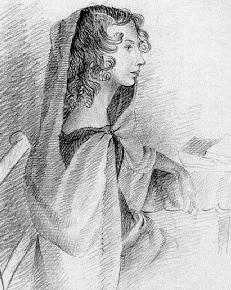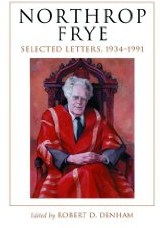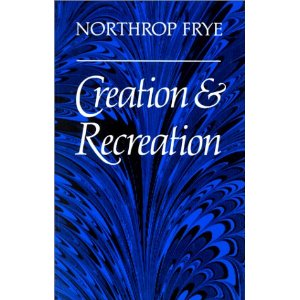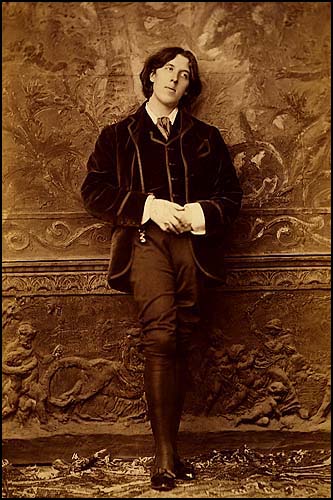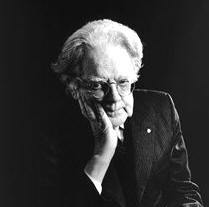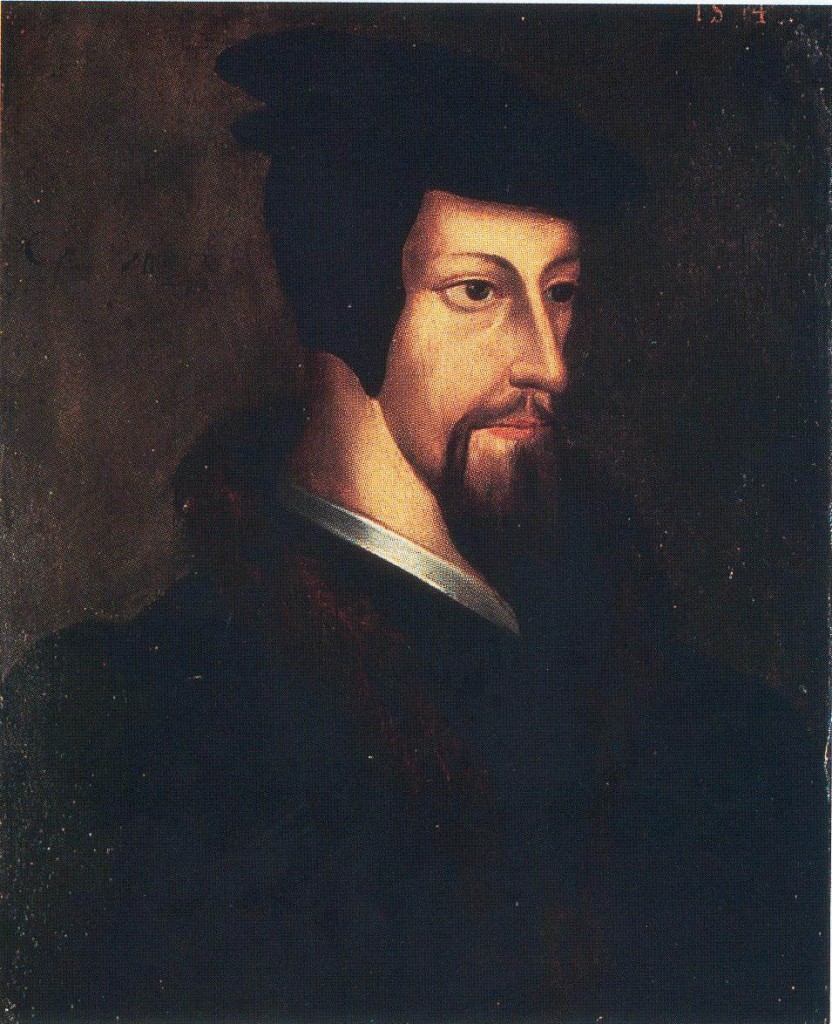
On this date John Calvin died (1509 – 1564).
Here’s Frye in a student essay, “The Importance of Calvin for Philosophy”:
It is obvious that if we look at Calvin we can see in his view of God a Cartesian feeling for order and permanence, and that if we look at his view of man we see that for him human activity springs from sources deeper than the human will. The immense energy and uncompromising heroism of Calvinism, its tendency to consolidate in theocratic dictatorships, sufficiently refute the theory that according to it our relation with God should be one of helpless quietism. As a social force, Calvinism identified itself more explicitly with the bourgeois than with the royal side of the alliance of prince and middle class, in opposition to the Erastians, but as a doctrine both factors are present. But they are present in antithesis, not synthesis; God and man have too wide a gap between them. Just as Aquinas had extended the feudal society of his day into heaven and established a hierarchy of angels leading up to God, so in Luther we find an absolute monarch protecting the interests of a democratic body saved through their faith in and obedience to him. There is something of this in Calvin, but on the whole his scheme disregards the state and the organization of human society, resting on an Augustinian dualism between a city of God, or body of elect, and an excluded world.
As our civilization becomes more mature, it is bound to expand and take in more of its cultural heritage. A greater eclecticism will no doubt do much to rehabilitate Calvin, but the positive contribution of the thought between Calvin’s time and ours cannot be ignored; nothing less than the full consciousness of the unity of our tradition will be satisfactory for us. And it seems that the time-philosophy of the last century has a real value in reinforcing Calvin’s doctrine. Now that evolution has penetrated into our intellectual make-up, we are beginning to sense the working out of a purpose in the organic world, so that the Manichean dualism of a static principle of good existing beside an unregenerate nature, which came into Christian thought with Augustine, is no longer necessary for us. Of course, as we have said, the purely evolutionary doctrine, that the only truly elect are posterity, and that the ideal is actualized at the end of a historical progression, is full of contradictions and is, when pressed to its logical conclusion, unthinkably repulsive. But nonetheless we have inherited a feeling which expressed in Christian terminology might be said to be a perception of the creative, developing, redeeming power of the Holy Spirit in the affairs of men, conserving the good, progressing toward the better. To assume that this exhausts God’s activity is to assume God an imperfect force striving to self-realization, such as we find in the creative evolution religions of such thinkers as Bernard Shaw. The weakness of such an attitude is that it recognizes no evolutionary lift in human history; it depends ultimately on geology for its religious dogmas and in most cases turns to the idea of the development of a “superman” which, expressed again in Christian terms, amounts practically for a call for an Incarnation, an identification of the evolutionary principle with an historical event. Nor has it a firm enough grasp of the permanence, pre-existence, and immutability of the phenomenal world, the world as an object of understanding, which the immediate successors of Calvin perhaps overemphasized. (CW 3, 414-15)
